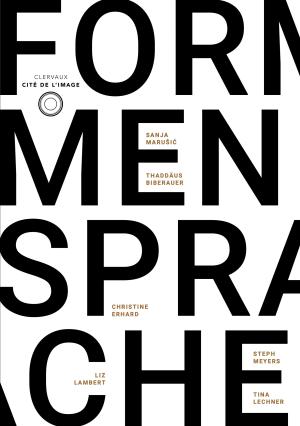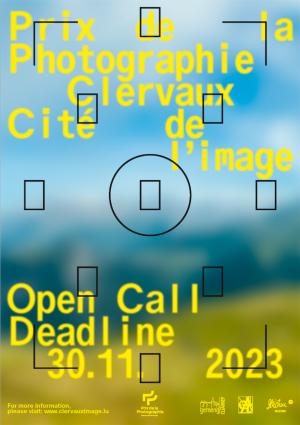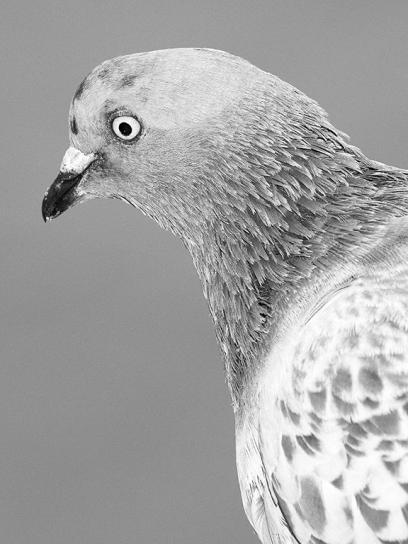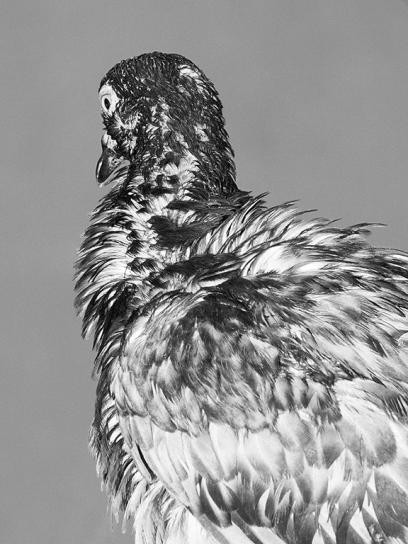The word "citizen" comes from the Latin civis and refers to those who have the right of citizenship, thus those who belong to the inhabitants of a city. In the course of time, history broadened the concept of citizenship to the level of the nation, referring to the citizens of a country. Nowadays, the term can refer to an even larger territory, such as the citizens of the European Union for instance.
To be a citizen or not to be a citizen? This question is an existential one, because the denomination grants its bearer not only a proper statute, but also rights and liberties. When a living being is a "citizen", it is recognised as a rational individual. Its dignity has to be protected and defended by the law.
Mårten Lange calls "citizen" someone who is indeed the inhabitant of a city but who is not really recognised as such. This is yet again a story, which is situated outside oppositional black-and-white judgements. Here, these destinies are highly nuanced, last but not least in various shades of grey. Just like the plumage of the "citizens" in question. By creating their portraits, the Swedish photographer Mårten Lange grants them the right to a newly defined visibility.
"These animals are neglected, hated even, but by enlarging their image, they become individuals. I like that, the elevation of the ordinary and the common." (M.L.)
English translation by Verena Nickels
Exhibition views
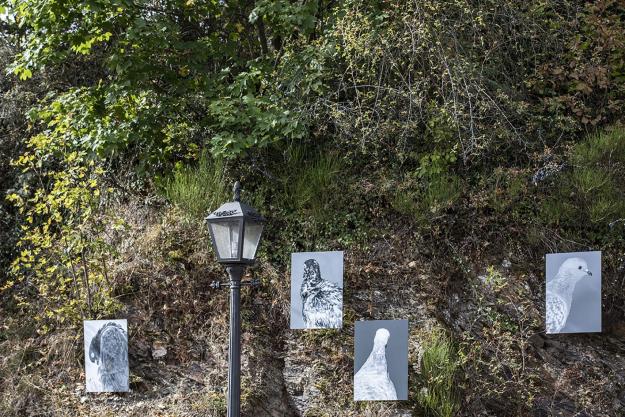
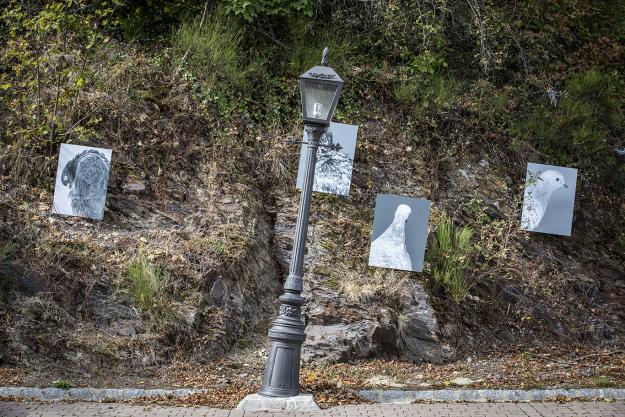
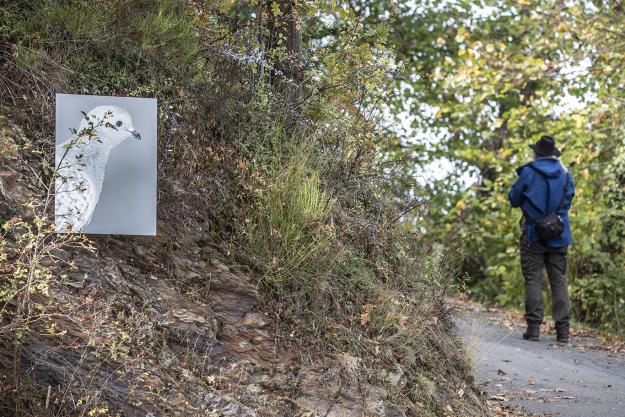
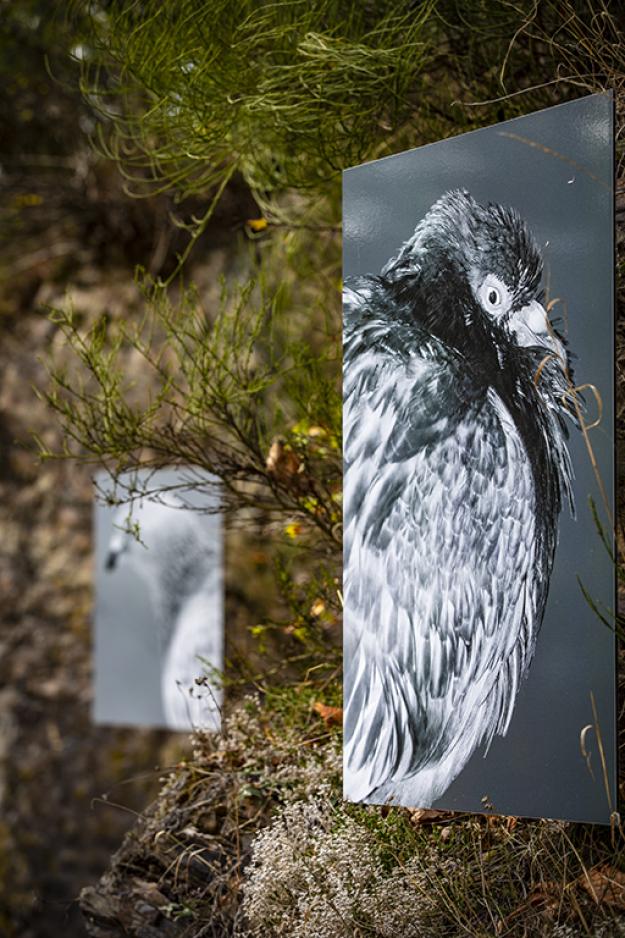
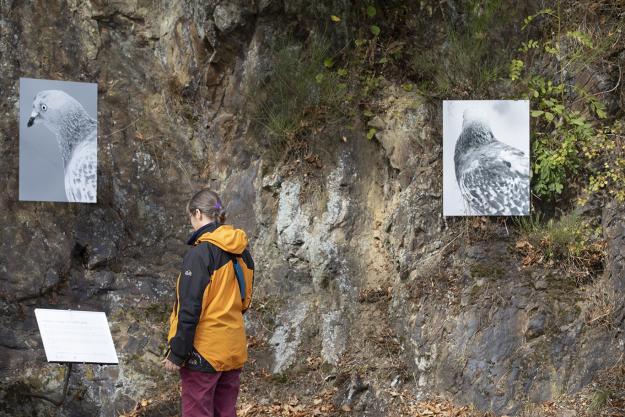
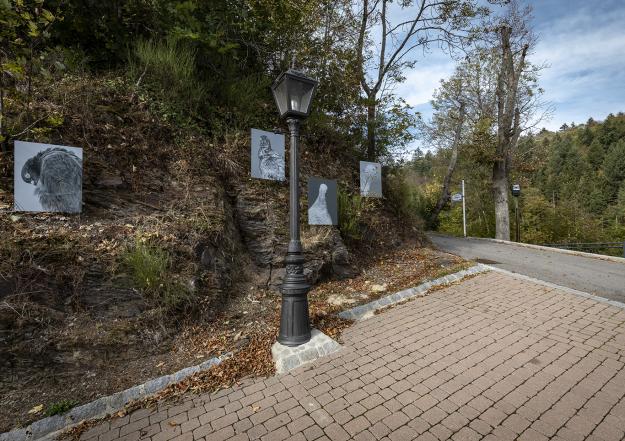
© Blitz Photo Agency / CDI

